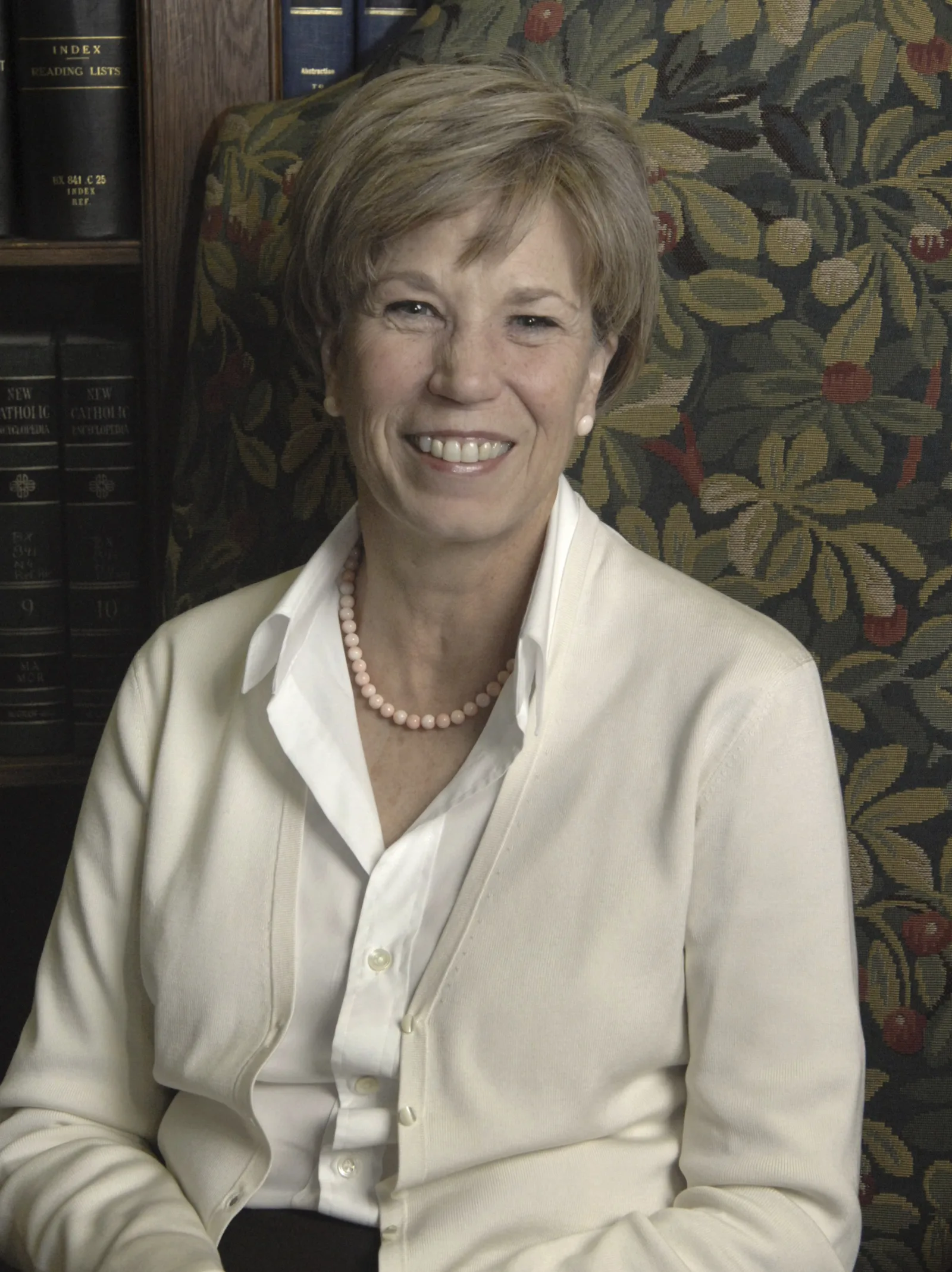How did you first encounter the Newberry?
I first encountered the Newberry in 2002 when I became Director of the Folger Shakespeare Library in Washington, DC. I soon learned how wonderfully collaborative the two institutions were, especially where the collections overlap. One example involves paleography, the study of older forms of writing that graduate students cannot read without training because the letter forms have changed drastically. Thanks to a Mellon Foundation grant to both libraries, Folger curators taught English paleography to doctoral students while the Newberry curators taught romance language paleography–just one of many ways the libraries work together.
When I first traveled to the Newberry sometime later as part of a meeting of research library directors, I was stunned by the beauty and monumentality of the Cobb building and its magnificent location across from Bughouse Square. The Folger squeezes activities into an Art Deco building hardly designed to hold them, while the Newberry has many places to confer, read, learn, and listen.
You've been a Shakespeare scholar for many years and have published several books on Shakespeare and Early Modern England. What first drew you to studying Shakespeare, and what do we still have to learn from his works today?
I have never stopped thanking my undergraduate teachers at Smith College for instilling a love for early literature, but especially the drama of early modern England and especially Shakespeare. So much has been written about Shakespeare—the plays, his life, his relevance. It seems daunting to try to write anything new and original. Yet the plays keep repaying deep attention, not because their language changes but because we ask new questions of the plays based on changes in us—in our deepest preoccupations about ourselves and our culture. This is true even if we look to the plays—Midsummer Night’s Dream or The Tempest, for example—for ways of thinking about the environment, ways of inhabiting our world. Ecocriticism is thriving.
Are there any items in the Newberry collection for which you have a particular affection?
Shakespeare’s First Folio. I won't need to use it for my research, but I love being at the Newberry to celebrate its 400th anniversary year!
Prior to stepping into the role of Interim President, you were a member of the Newberry's Board of Trustees. Could you tell us about a time that really sticks with you from your experience on the Board?
For me, serving on the Newberry Board of Trustees was a process of deeper and deeper engagement. Serving on the Collections Committee, I came to understand the amazing breadth of the collections when compared—for instance—with the Folger’s more bounded holdings. Eleven core collections are simply an astonishment. Serving on the Research and Education Committee gave me a sense of the energy and commitment of the program divisions. This library hums all day long.
As you mentioned before, you've also had the honor of being the Director of the Folger Shakespeare Library in Washington, DC, which is one of the rare institutions comparable to the Newberry in some respects. What, to your mind, is so important about unique institutions like these?
Thanks to ongoing digitization of their collections, independent research libraries like the Newberry and the Folger are reaching out to users all over the world. But there remains the uniqueness of the physical object—the tactility of early paper and the eccentricities of early print, the eloquence of maps, the postcards that reveal tiny details of travelers’ movements across the Midwest. Libraries like the Newberry and the Folger take as the heart of their mission the conservation of these rare materials and the grand obligation to explain them in exhibitions. It's a challenge sometimes to make these materials speak, but exhibitions such as the splendid exhibition of pop-up books open now at the Newberry work a special magic.
What excites you about this time ahead as Interim President?
I love the rhythm of day-to-day life in a rare book library, how it wakes up in the morning and starts to hum with readers and staff. Being the steward of a great collection like that of the Newberry—even for six months—is an honor.
This story is part of the Newberry’s Donor Digest, Spring 2023. In this newsletter, we share with donors exciting stories of the work made possible by their generosity. Learn more about supporting the library and its programs.
